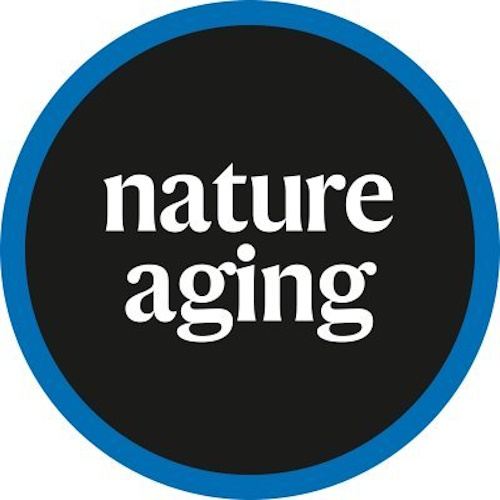Key points from article :
Researchers have identified 13 proteins linked to brain aging in a study published in Nature Aging. These proteins are connected to changes in brain health, and their levels appear to follow specific patterns in different age groups. The study involved analyzing brain imaging data from 10,949 adults and blood samples from nearly 5,000 people using UK Biobank data.
The research was carried out at Fudan University, where researchers aimed to find indicators of brain aging. They found that the concentrations of many proteins changed in ways that align with biological brain age, especially at ages 57, 70, and 78. These age-related peaks suggest that brain health may go through significant transitions at these stages.
Among the proteins studied, Brevican (BCAN) and GDF15 were linked to dementia, stroke, and movement functions. The study’s results indicate that monitoring protein levels in the blood could offer a way to predict brain aging and help identify potential risks for neurodegenerative diseases.
This research is significant because it may lead to new ways of detecting and intervening in brain aging, which could help prevent diseases like dementia. The study focused on older adults of European descent, and the authors recommend future research to explore the role of these proteins across different ages and ethnicities.
Understanding these protein changes could provide insights into brain health and the aging process. The findings are important as the global population ages and neurodegenerative diseases become more common. The study highlights the need for further research to develop effective therapies and interventions.
The research was published in Nature Aging, and it offers new perspectives on how the biological age of the brain might be measured and potentially managed through blood biomarkers.







